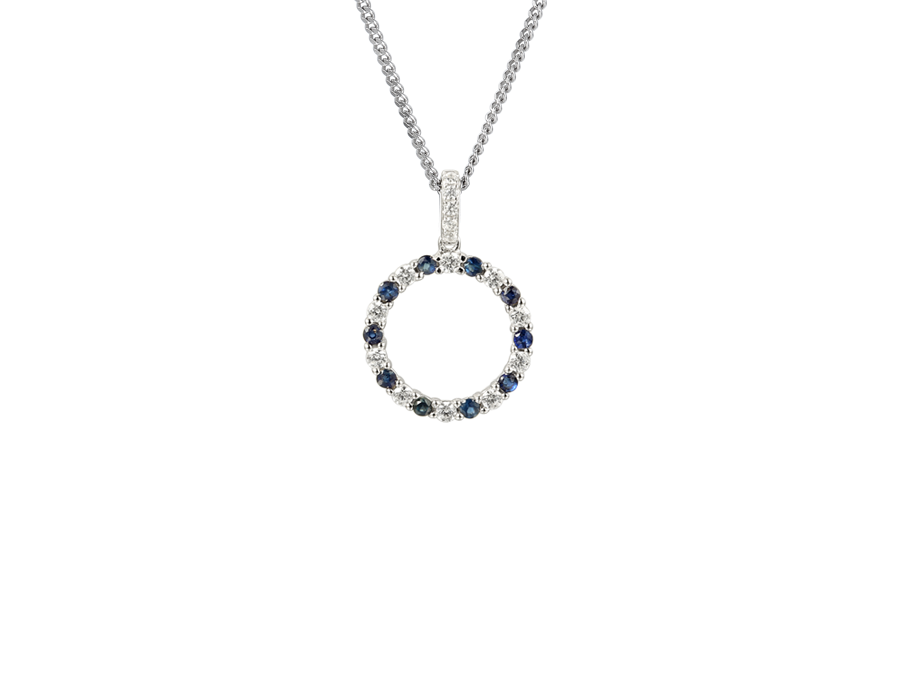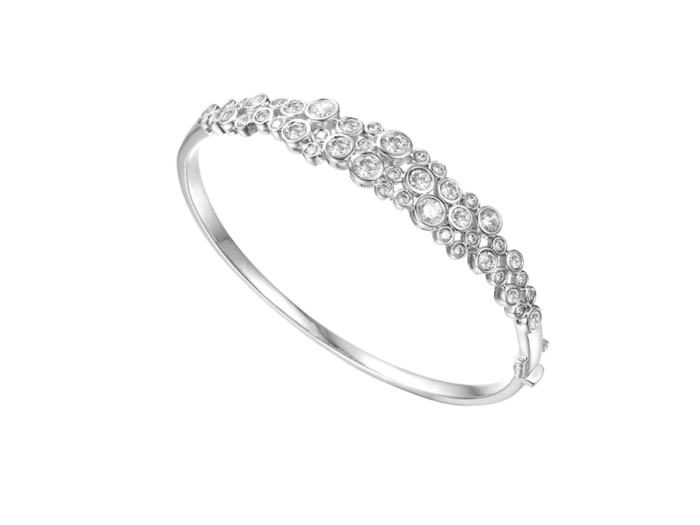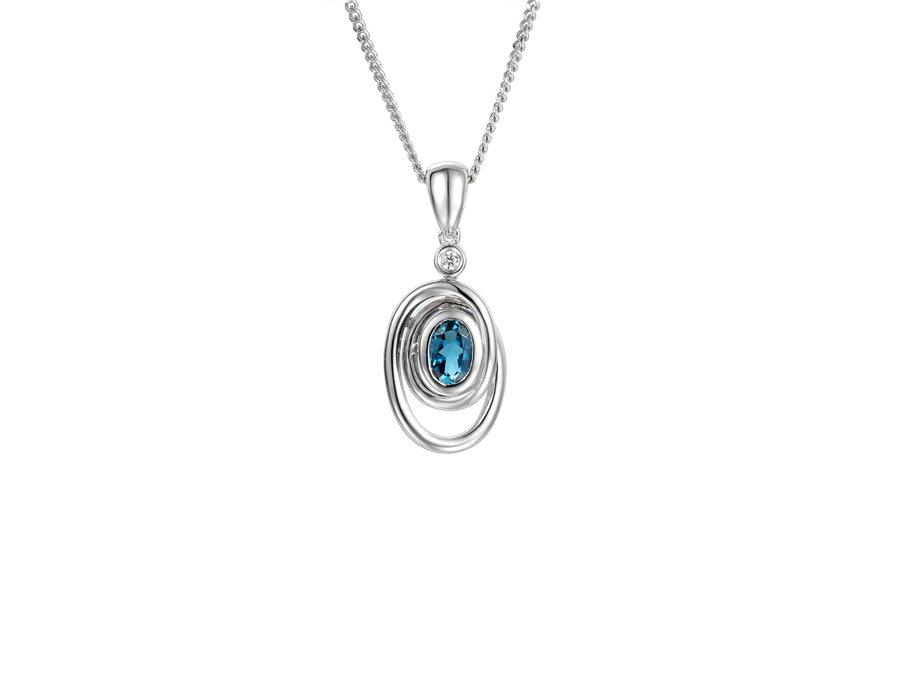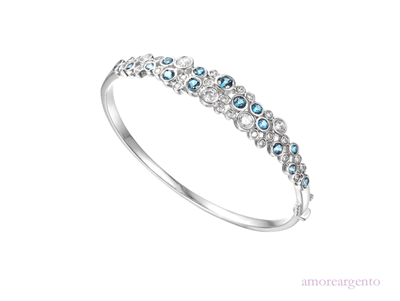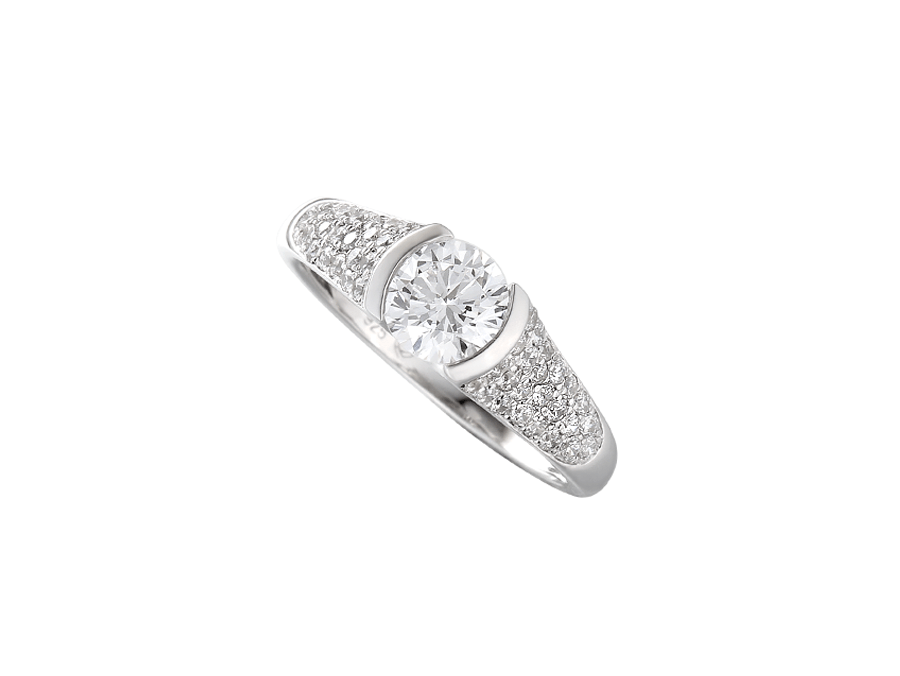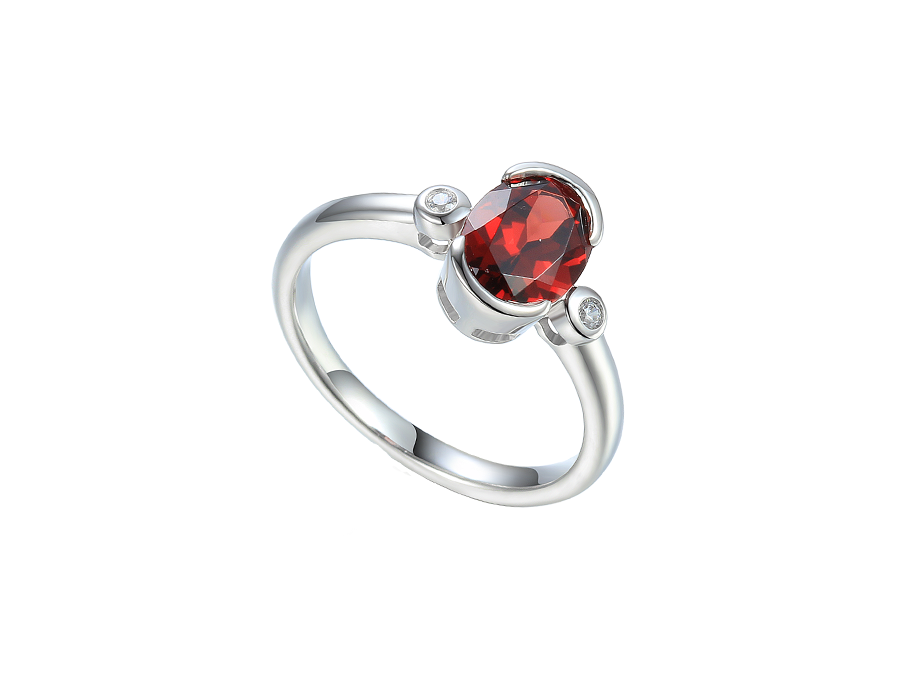We use cookies to make your experience better. To comply with the new e-Privacy directive, we need to ask for your consent to set the cookies. Learn more.
How To Decide Who To Leave Your Jewellery To
When you're making a will it can be hard to know what to leave to whom, especially when it comes to jewellery. At first, you may think it's quite easy – people generally leave all their jewellery to a female relative, or have specific pieces in mind for certain people. In many cases this works out fine to begin with, but disputes soon arise when your legatees start to pass on your heirloom jewellery to their relatives, and perhaps in-laws, thereby taking the jewellery out of the family. This may not even have crossed your mind, but it's often a source of contention among family members who don't like to see people who never met the relative in question receiving pieces of their jewellery, when their own family members have none to remember the person by.
It is possible to protect against this happening by including a clause in your will to create a trust around your jewellery. Doing this means you can choose to leave your jewellery to one or more relatives, but you also have a say over what happens to it when they die. For example, you might want to leave jewellery you have inherited to your children, but stipulate that on their passing it becomes the property of their children, or goes to another branch of the family. You can also make clauses that prevent legatees from passing jewellery on to non-blood relatives, like in-laws, if you are concerned that your grandchildren may not get to inherit those pieces eventually.
It's important to get legal advice when drawing up a will, especially if you want to include clauses to say what happens to certain items when the inheritor passes on. It's also very important to know the value of the items you're leaving, either by checking auction results or getting a valuation from a jeweller or auctioneer. You may see pieces on the Antiques Roadshow being valued at thousands of pounds, but remember these valuations are often given as an “on the right day, with the right buyer” caveat and high valuations make better TV than low ones, so don't be tempted to use TV shows as a price guide.
Once you have valued the items you need to decide whether the value or the sentiment is more important to your legatees. If you're concerned they might sell your jewellery you can prevent this in the will, but equally you may prefer to allow your legatees to sell pieces if the need for cash arises. If the value is important, and you want to ensure everyone is left items to the same value (or a value you determine for each inheritor), then this makes the decision on what to leave to whom an easy one. If the sentiment is more important, then it's time for a family meeting to discuss who has a particular interest in which pieces.
Some of your children or grandchildren may be attached to certain pieces for sentimental reasons, or there may be a birthstone connection. Some pieces may have been given as a present which ties in with the birth of a child or grandchild, thereby establishing a connection with that person. It is best to get this conversation started while there is plenty of time to make decisions – it's not something you want to rush over. Your relatives might like some time to decide and discuss amongst themselves, especially if two or more people want the same item. If there are disagreements then you may consider holding a private auction for family members, so everyone has a fair chance to get the items they wanted. This can happen after your death or before it if you would like to know who will end up with what.
It is worth bearing in mind that there will be times when a piece of jewellery needs to be unset and reset into different designs or more pieces so that it can be fairly distributed. A twin stone ring, for example, might need to be made into two solitaire pieces for two granddaughters. Similarly, jewellery which is of a very dated style may need to be reworked into something that is more modern and appeals to the inheritors. You can stipulate this in your will, or prevent such an action from happening.
If you have male children and grandchildren and are not sure about leaving jewellery to them, consider the late Princess of Wales' engagement ring. On her death Princes William and Harry were allowed to pick one piece from her extensive jewellery collection, with Harry choosing her engagement ring and William opting for a Cartier watch. When William discussed proposing to the now Duchess of Cambridge Harry gave his brother the ring to propose with, so it would fittingly end up on the throne one day. If you have male legatees remember that they may also want a piece of family heirloom jewellery to bring into their families. This is a lovely way to keep your spirit alive within the family, so don't automatically assume that male relatives can't inherit jewellery.








